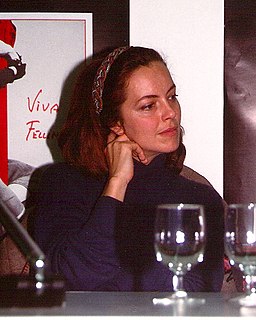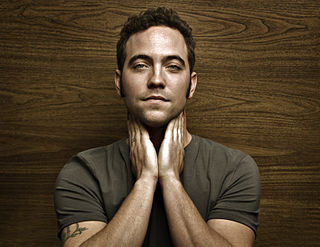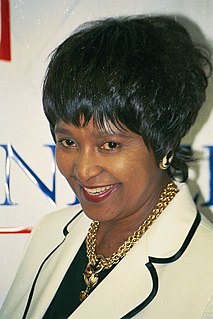A Quote by Danny Glover
I was involved with the anti-apartheid movement through my work as an artist and also through my political commitment.
Related Quotes
If you look at the recent Nobel Prize winners, one couldn't say that the work didn't matter and the political commitment did. Who had ever heard of the Egyptian writer Naguib Mahfouz? He is not politically involved. Octavio Paz is a great poet, also not politically involved. The Nobel Prize is for literature, for the quality of work over the years.
The gay rights movement of recent years has been an inspiring victory for humanity and it is in the tradition of the civil rights movement when I was a young boy in the South, the women's suffrage movement when my mother was a young woman in Tennessee, the abolition movement much farther back, and the anti-apartheid movement when I was in the House of Representatives. All of these movements have one thing in common: the opposition to progress was rooted in an outdated understanding of morality.
Most people think that aging is irreversible and we know that there are mechanisms even in the human machinery that allow for the reversal of aging, through correction of diet, through anti-oxidants, through removal of toxins from the body, through exercise, through yoga and breathing techniques, and through meditation.
I'm very heavily involved in the editorial post-production process, and the camera - it's just such a big part of my storytelling language. I like creating the tension; I like creating the emotion through the movement of my camera, or the lack of movement through my camera, depending on what fits the scene best.
This work of connecting our light to the world does not need to be done through a mass movement, or by millions of people. . . .The real work is always done by a small number of individuals. What matters is the level of participation: whether we dare to make a real commitment to the work of the soul.
I was involved in the civil rights movement way back in the late '50s and through the '60s and '70s. I was doing a civil rights musical here in Los Angeles and we sang at one of the rallies where Dr. Martin Luther King spoke, and I remember the thrill I felt when we were introduced to him. To have him shake your hand was an absolutely unforgettable experience. Even before I could vote, I was involved in the political arena.




































